Keywords: Origins
There are more than 200 results, only the first 200 are displayed here.
-

AUSTRALIA
- Christine Burke
- 30 June 2017
29 Comments
The origins of hospitals, schools and social services can be traced back to the efforts of people of faith. Much poetry, art, drama and literature grapples with the deeper meaning of life in dialogue with a larger vision found through the everyday challenges of our lives. This religious urge can re-emerge as nationalism, racism, greed, or narcissism, and these have no inherent counter force to question their authenticity. The truths at the base of great religions reorient us towards love, peace and justice.
READ MORE 
-
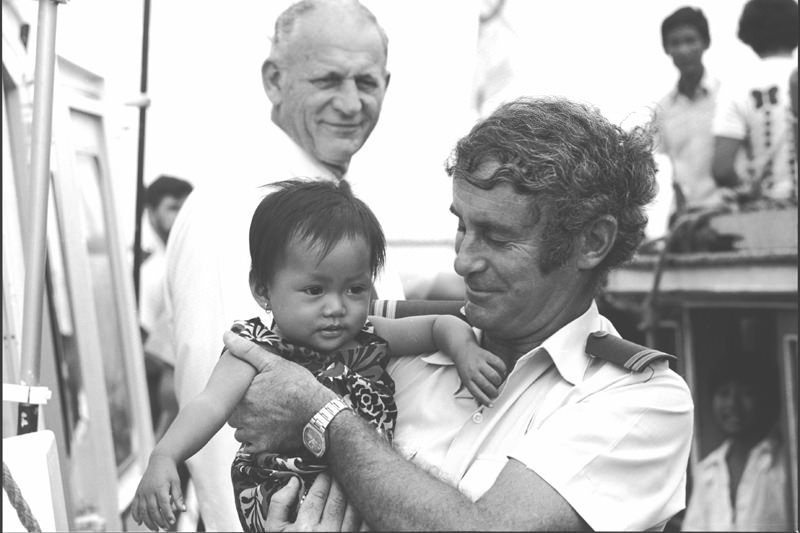
AUSTRALIA
- Frank Brennan
- 20 June 2017
7 Comments
I am resigned to the boats from Indonesia being stopped and staying stopped. But it is high time to stop the cruel treatment of the proven refugees on Nauru and Manus Island, and provide a permanent solution for the asylum seekers waiting inordinately in the Australian community. Their treatment is separable from the stopping of future boats setting out from Indonesia. The Commonwealth's $90 million settlement of the claim brought by asylum seekers on Manus Island should be a wake-up call to us all.
READ MORE 
-

ARTS AND CULTURE
- Tim Kroenert
- 30 March 2017
1 Comment
A film about a lonely widower who repeatedly attempts suicide seems like a grim proposition. Ove has suffered one too many blows in his life, the latest being the loss of his job. He finds himself at a loose end, if not purposeless. He is the self-appointed overseer of the gated community where he has lived for years, enforcing protocols of behaviour among his terrorised neighbours. Now he's had enough, and decides to join his beloved wife Sonja, in eternity. But dying doesn't come easily to Ove.
READ MORE 
-
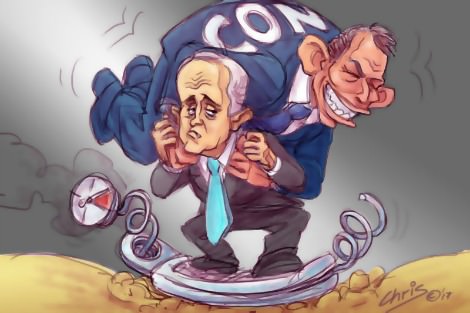
AUSTRALIA
- John Warhurst
- 03 March 2017
18 Comments
Two irreconcilable views of the ideological position of the Turnbull government are now in circulation. One, held by those who once had high hopes that Malcolm Turnbull would lead a small l liberal government, is that the Coalition clearly is conservative. The other, advanced by South Australian Senator Cory Bernardi when he deserted the ship to form the Australian Conservatives, is that the Turnbull government is not conservative enough, maybe not even conservative at all. Both views can't be right.
READ MORE 
-
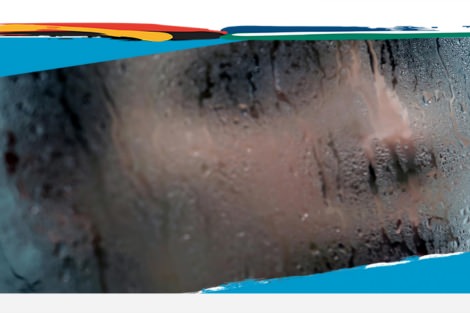
AUSTRALIA
- Esther Anatolitis
- 16 January 2017
3 Comments
2017 is set to be a momentous year for the arts in Australia. On 1 November we commemorate 50 years since Harold Holt announced the creation of an independent body to champion 'the free play of our cultural interests and enthusiasms at all levels' — an announcement that meant bringing together disparate focuses and isolated funds with a national vision. Yet today's Australia Council faces an uncertain future, and the free play of our cultural interests is jeopardised by that uncertainty.
READ MORE 
-
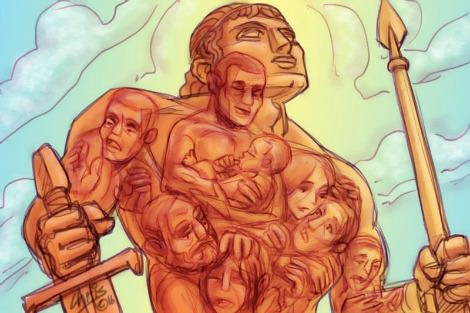
AUSTRALIA
- Adolfo Aranjuez
- 28 October 2016
10 Comments
After sending me to live in Australia, my father tasked my then brother-in-law (a true-blue 'bloke') with teaching me to 'be a man'. He failed, but here was evidence of hegemonic masculinity's perpetuation. My father and I were born into a masculine culture that, unlike Australia's stoicism, is characterised by braggadocious chest-puffing. Yet underpinning both Australia's and the Philippines' conceptions of masculinity is the masking of vulnerability: emotions hide behind silence and bravado.
READ MORE 
-
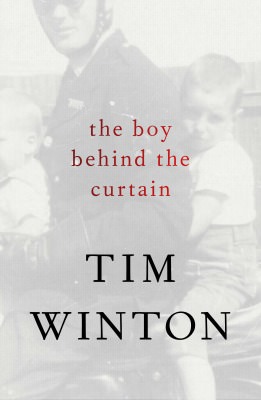
ARTS AND CULTURE
- Tim Kroenert
- 26 October 2016
1 Comment
'When I was a kid I liked to stand at the window with a rifle and aim it at people.' So begins the opening, titular essay. It is a singularly arresting entre to an essay that charts the author's complex relationship with firearms (part awe, part terror), by way of commenting on the place of guns in Australian society. In this collection of essays Winton adopts this mode frequently, weaving (sometimes deeply) personal narratives into stirring, thoughtful commentary on a broad range of social and political issues.
READ MORE 
-

RELIGION
- Frank Brennan
- 23 September 2016
18 Comments
'No good will be served by a royal commission auspiced by the state telling a Church how it judges or complies with its theological doctrines and distinctive moral teachings. By all means, set universal standards of practice expected of all institutions dealing with children, but do not trespass on the holy ground of religious belief and practice.' Fr Frank Brennan SJ addresses the Freedom for Faith Conference in Melbourne, 23 September 2016.
READ MORE
-

ARTS AND CULTURE
- Tim Kroenert
- 17 June 2016
In one scene, as Taylor and Davis argue, the dialogue comes down and the score comes up; her voice is literally taken from her. When Davis then physically assaults her, the message is clear: his music and his violence are notches on the same spectrum. This conflation of creativity with destructiveness is a typical error of mainstream biopics about great artists who were not nice people. Yet applied in the context of spousal abuse it is not only specious but ethically dubious, even dangerous.
READ MORE 
-
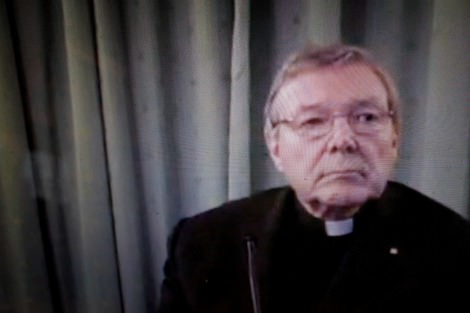
AUSTRALIA
- Paul Coghlan
- 07 March 2016
42 Comments
'It was a sad story and it wasn't of much interest to me.' Pell's brutal response to a question from the royal commission has provided an important point of organisational, personal and cultural reflection. As a survivor of child sexual abuse I understand the disbelief, shock and outrage that such a comment has provoked. And having conducted many organisational reviews, I know that in trying to find the origins of such responses, our understanding of how the world works expands exponentially.
READ MORE 
-

AUSTRALIA
- Ellena Savage
- 22 January 2016
4 Comments
Where does this need for punctuality, performance and productivity arise? I don't believe it is rooted so much in 'western culture' as it is in capitalism. There is, after all, time for many kinds of dithering in the literature that charts western society. Socrates could barely tie his own sandals — he'd never make his job network meeting on time. Hamlet is entirely premised on the drama of procrastination: some things, like killing one's paternal uncle who is also the king, seem better fit for tomorrow.
READ MORE 
-

RELIGION
- Frank Brennan
- 04 December 2015
1 Comment
'Tonight, gathered here in the Southern Cross Club in the national capital, gathered as Eureka's children. We affirm that there is room for everyone under the Southern Cross. I hope you will return to Canberra carrying the Southern Cross flag when we proclaim the Australia Republic on 1 January 2020 which will be two elections after Australia last had a monarchist leader of a major political party. Tony Abbott is the last of his type. Whether the prime minister honoured to witness the proclamation is Malcolm Turnbull, Bill Shorten or another matters not.' Annual Dinner for Eureka's Children, Southern Cross Club, Canberra, 3 December 2015.
READ MORE